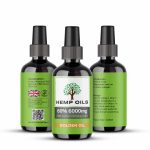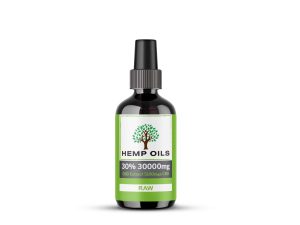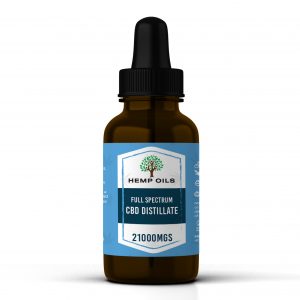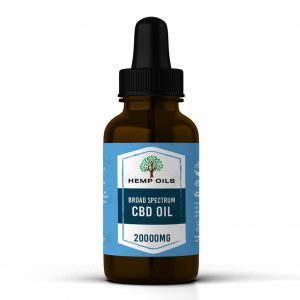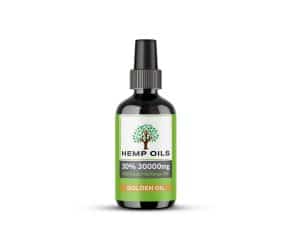CBD oil has gained popularity in recent years for its potential therapeutic benefits. It is derived from the cannabis plant and can be classified into different types, such as broad spectrum and full spectrum CBD oil. While they may sound similar, there are key differences between the two. Understanding these differences can help individuals make informed decisions when choosing CBD oil products. In this article, we will explore the disparities between broad spectrum and full spectrum CBD oil, as well as their respective benefits and drawbacks.
Understanding CBD Oil: Broad Spectrum vs Full Spectrum
CBD oil is extracted from the cannabis plant and contains various cannabinoids, including cannabidiol (CBD). Broad spectrum CBD oil refers to a product that contains a wide range of cannabinoids, except for tetrahydrocannabinol (THC), which is responsible for the psychoactive effects commonly associated with cannabis. On the other hand, full spectrum CBD oil contains all the cannabinoids present in the cannabis plant, including trace amounts of THC.
Key Differences: Broad Spectrum and Full Spectrum CBD Oil
The main difference between broad spectrum and full spectrum CBD oil lies in the presence of THC. Broad spectrum CBD oil is THC-free, making it a suitable option for individuals who want to avoid any psychoactive effects. On the contrary, full spectrum CBD oil contains trace amounts of THC, typically within the legal limit of 0.3% or less. While this amount is not enough to cause intoxication, it may still be a concern for individuals who undergo regular drug testing or have a sensitivity to THC.
Benefits and Drawbacks of Broad Spectrum CBD Oil
One of the key benefits of broad spectrum CBD oil is that it provides the potential therapeutic benefits of multiple cannabinoids without the presence of THC. This makes it an attractive option for those seeking relief from various ailments, such as pain, inflammation, anxiety, and insomnia, without the risk of experiencing psychoactive effects. However, some individuals may find that the absence of THC limits the entourage effect, a phenomenon in which cannabinoids work together synergistically to enhance their therapeutic effects.
Benefits and Drawbacks of Full Spectrum CBD Oil
The presence of THC in full spectrum CBD oil allows for the entourage effect, which can potentially enhance the therapeutic benefits of CBD and other cannabinoids. This makes full spectrum CBD oil a popular choice for individuals looking for a comprehensive and holistic approach to their wellness. However, the presence of THC may make it unsuitable for certain individuals, such as those who are sensitive to THC or concerned about drug testing. It is important to note that full spectrum CBD oil is legal in many jurisdictions as long as the THC content remains within the legal limit.
In conclusion, the choice between broad spectrum and full spectrum CBD oil ultimately depends on individual preferences and needs. Broad spectrum CBD oil provides the potential benefits of multiple cannabinoids without THC, while full spectrum CBD oil offers a more comprehensive range of cannabinoids, including trace amounts of THC. Both options have their unique advantages and drawbacks, and it is crucial for individuals to consider their specific circumstances before making a decision. Consulting with a healthcare professional or CBD expert can also provide valuable insights and guidance in choosing the most suitable CBD oil product for individual needs.
